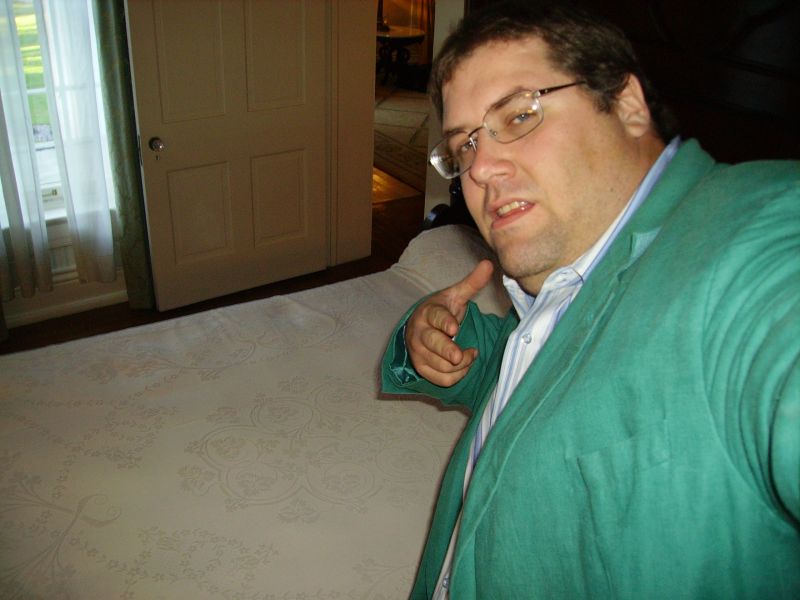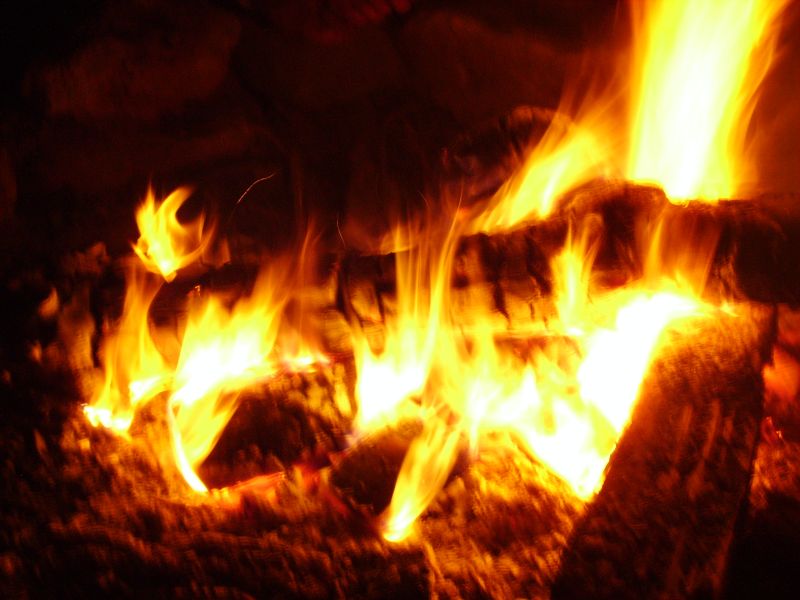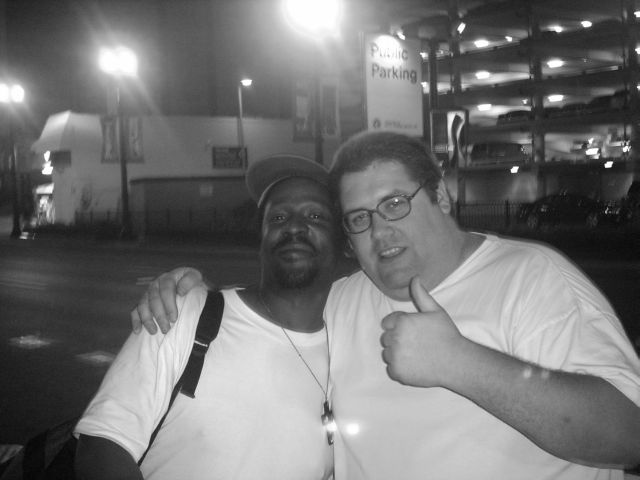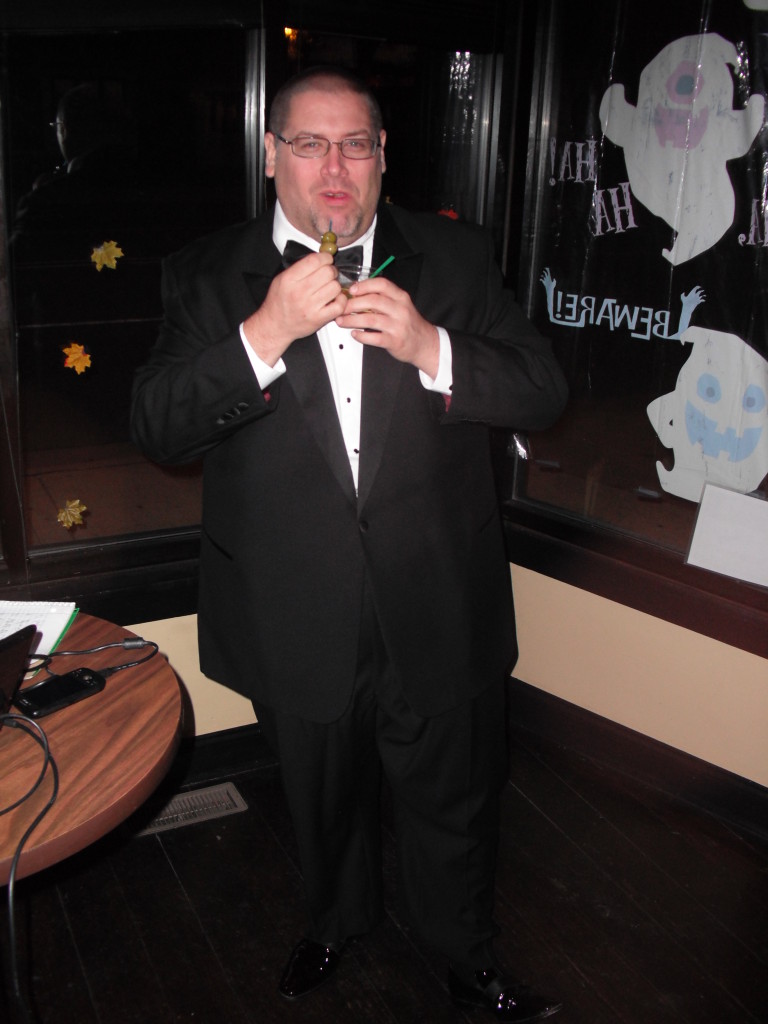Imagination, song, the soaring spirit.
Separate them to know them as aspects of the whole,
Join them to know the mystery of totality.
The mind, if focused, can become the most powerful force we know. Yet for most of us, we are lost in the vastness of our own uncharted minds. We play around with different aspects, find certain modes that we can get by with, and leave the rest unexplored. Those who follow Tao do not do this. They want to explore all the dimensions of the mind so that they may find a wholly integral mode of consciousness.
The primary means of exploration is through concentration of the mind. Practitioners first select an aspect and delve into it by daily focus. Only when they have fully understood do they go on. It is like studying. When you are first introduced to a subject, you must put your attention to work in order to master the knowledge. Such concentration leads to absorption, like mixing liquids together in a bottle : Once they are combined, they cannot be distinguished from one another.
With concentration, all the various aspects of the mind can be joined together into one superconscious mode. Sound is the same as sight, taste is the same as smell, touch is the same as thought, and all that we are is identical with the spiritual energy that resides within us. In this high concentration, there is complete union, and we feel the joy of total integration with all our facets.










